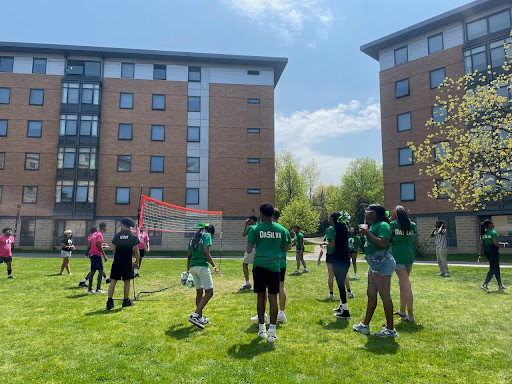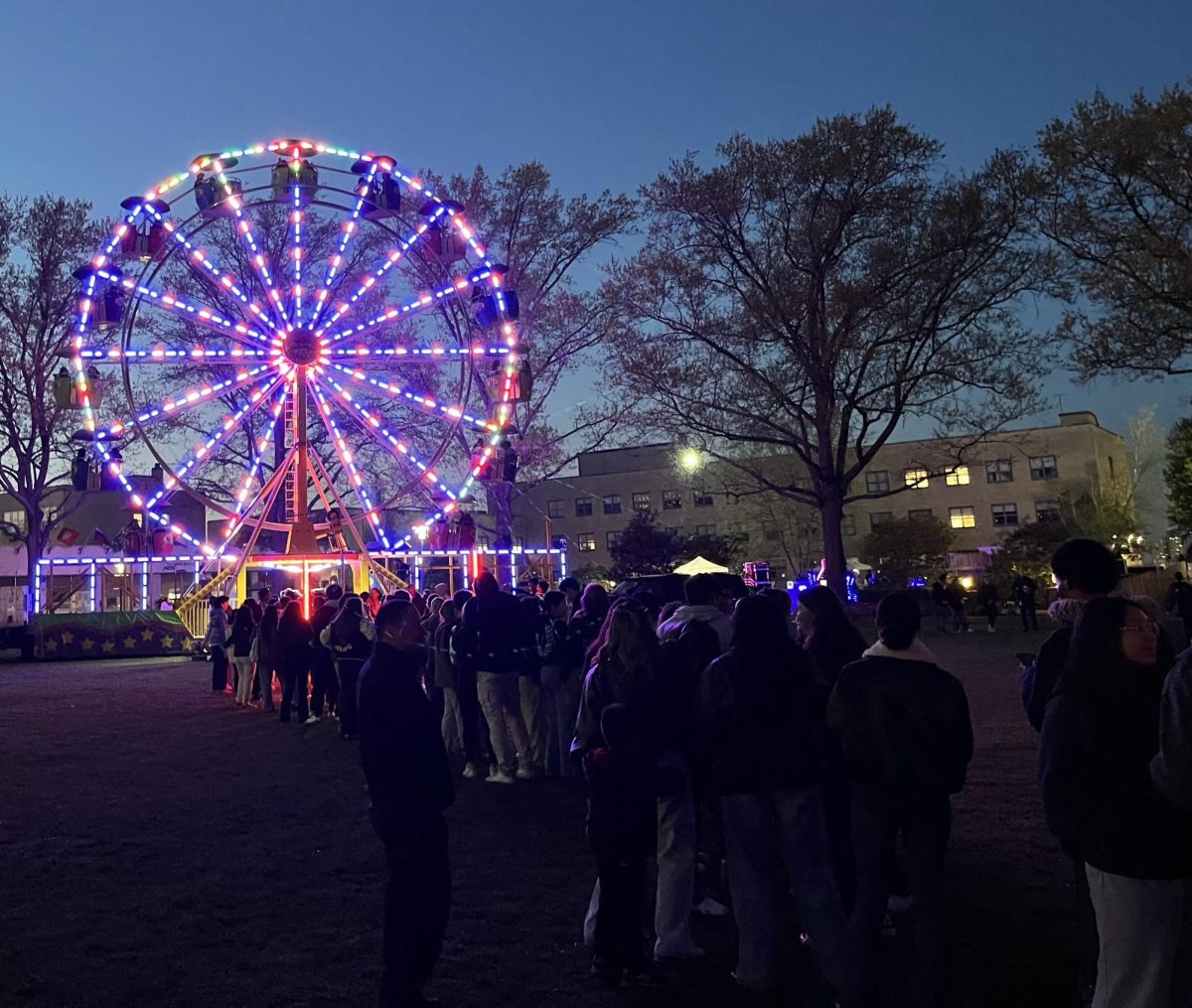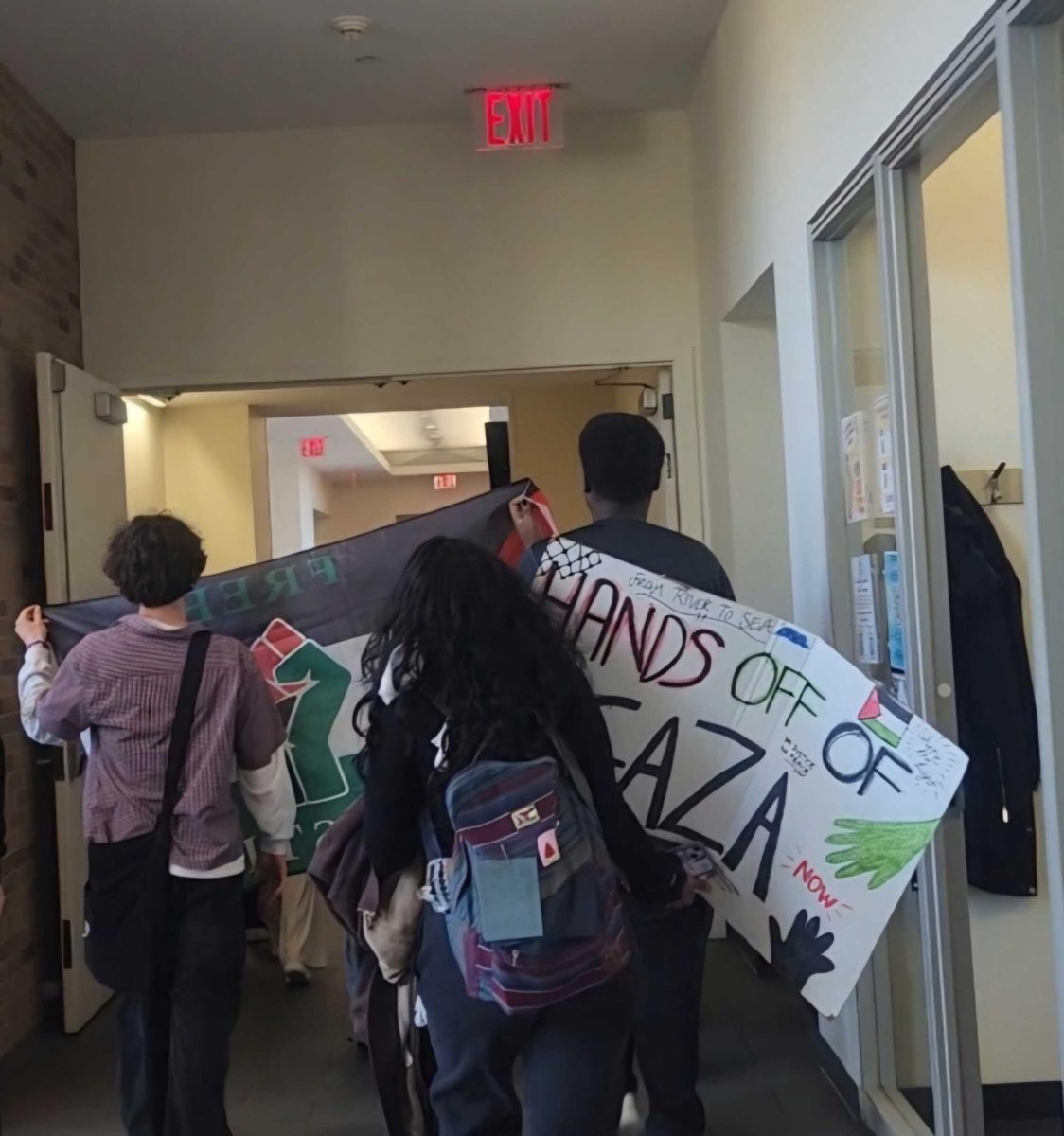Students have been taking joy rides—but not with your typical car.
Motor vehicle thefts have climbed from zero in 2013 to six last year, according to the University’s annual security report. However, these thefts may not exactly be what you think.
“These are all golf cart [incidents],” said John Breheny, associate director for public safety compliance.
These incidents are still categorized as motor vehicle thefts in the University’s federally mandated annual security report. According to Breheny, “the definition of a motor vehicle in New York State is ‘any vehicle powered by other than human power.’
“So a bicycle isn’t a motor vehicle, however, a golf cart is.”
“While all six reported motor vehicle thefts were golf carts, no actual golf carts were stolen,” said Vice President of Public Safety Thomas Lawrence.
“It’s young kids taking a joy ride,” Lawrence said.
This information comes from the university’s 2015 Annual Security and Fire Safety Report, released on Sept. 30 to the St. John’s community via email and also available on its website.
The report also includes statistics regarding categories such as forcible and non-forcible sexual offenses and domestic violence cases.
The annual security report is required by the Jeanne Clery Disclosure of Campus Security Policy and Campus Crime Statistics Act, otherwise known as the Clery Act. Under federal law, all universities are required to publish a report with the specified year’s crime data.
This year there were four new categories, as per the Violence Against Women Reauthorization Act (VAWA). What used to be categorized as a forcible sexual offense is now either rape or fondling and what used to be categorized as a non-forcible sexual offense is now either incest or statutory rape.
Rape and fondling were listed as non-applicables for the 2012 and 2013 years because VAWA was not yet enforced. Instead, three incidents were reported in 2012 and six in 2013, all under forcible sexual offenses. These incidents all included reported cases of rape and fondling.
The University listed non-applicables under forcible and non-forcible sexual offenses for the 2014 year in accordance to VAWA, instead recording two reported on-campus rape cases and four fondling cases, as stated by Breheny.
Three other universities in the New York City area, such as NYU, Hofstra and Manhattan College all listed rape, fondling, incest and statutory rape as categories in the annual security report.
Whereas Hofstra listed four reported rapes on campus and Manhattan College had one noted, NYU found zero on-campus rapes in their Washington Square campus, but six off-campus reported ones.
With fondling reports, Hofstra disclosed zero fondling cases, while Manhattan College had four and NYU topped off with seven fondling reports. Each university reported zero incest and statutory rape cases. According to the annual security report, the university has also seen zero cases of incest and statutory rape.
“In my time here in 12 years, we’ve never had a non-forcible sexual offense,” Lawrence said.
While Breheny and Lawrence could not disclose information regarding the two 2014 reported rapes because of confidentiality, one of the reported rapes was ultimately unfounded, according to the annual security report.
“This means that the case did not happen at all, the crime did not occur,” Lawrence said.
As stated by Lawrence, a case may only be unfounded by local law enforcement, such as the New York Police Department (NYPD).
An unfounded case can occur if a victim recants the allegation or if the alleged perpetrator could not have been present during the time, among others.
Unfounded cases have recently obtained its own category in the annual security report, and is expected to stay for years to come.
“That’s a new category in this year’s annual security report, which will be going forward in future years, as we have to include an unfounded category,” Breheny said.
In regards to domestic violence, dating violence and stalking categories, the three were listed as non-applicable in the 2012 annual security report because universities were not required to reveal those numbers.
“We documented them, but they weren’t reported,” Breheny said.
It was not until 2013 and 2014 where institutions were asked and required by VAWA to report on the three distinct categories.

















